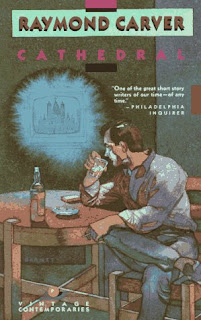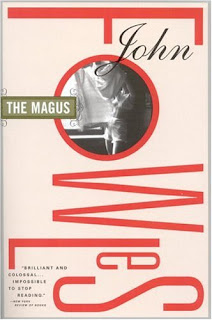I’m a fiction writer.
This is what I tell people, which is often followed by digging my fingernails into my palms, hoping they don’t ask me if-
“Have you been published?”
No. The answer is no. And no, you can’t tell them that a poem you wrote in high school was published in the local paper – you’re over 30 and nearly twice the age of that (wonderfully talented) kid.
“Um…not yet.”
This is about as affirmative as it gets. It’s like telling someone you’re a bus driver, and when they ask a perfectly normal question like “Oh, where? For what company?”, you reply: “Actually, I’m not driving a bus right now…I’m hoping that someone will allow me to drive a bus soon.”.
I’m a bus driver without a bus, albeit with a route of sorts and sufficient credentials to do the work without injuring passengers (save for their sensibilities at times). I’ll let that analogy fizzle like a wet campfire. Needless to say, telling people you’re a fiction writer without having anything to show in terms of published work, one feels like an impostor after a while. Gladly, writers naturally feel like impostors so it’s not that bad.
The reality is not quite as depressing as it appears tm. I’ve only been at this seriously for a few years, having spent a few years before that working on a novel which I ultimately decided to shelve, lest I spend years more perfecting something I’d outgrown and was really tired of staring at. Since then, I’ve crafted several solid short stories and have started a new novel. The more I work on short stories, the more improvements I see in my writing overall which then reflects in the novel. It’s a nice arrangement, save for the fact that the time/energy I devote to the short stories are subtracted from what’s going toward the book.
My strategy is that the short stories – the good ones, not the ones I hand people and preface with “It’s an experiement!” – are “easier” to get published, if only because they require less time to write/revise than a novel. Thus, with some sort of publishing precedent, it would be easier to attract a publisher for the novel.
Of course, I’ve yet to have anything of note published. I’m trying to keep at least two submissions outbound at all times, but even that’s tricky because you want to gear the right type of story (stylistically, etc.) to a publisher who will be most receptive to what you’re offering. Add to this that waiting for acceptance or rejection (the latter being all the rage these days) can take anywhere from 3 weeks to 6 months with ethical penalties if you submit the same piece to more than one publisher at a time. So, let’s say you spend two months on a short story – from ink on the page (I still do my rough drafts by hand) to “rev. #12f” on my laptop. If the publisher you submit to (assuming, like what happened to me and the magazine Maisonneuve, the post office doesn’t return it claiming they can’t find the address) takes 3 months to get back to you, that’s almost half a year spent with no dividends to show (aside from the aforementioned improvements in your writing, which, when you receive a rejection letter, isn’t very compelling at all).
Fun.
Yet, if I didn’t think my work was good, I wouldn’t bother. If I didn’t see improvements in my skill, I wouldn’t bother. I have to remind myself that, although I don’t have anything to show for my efforts as regards to getting published, I do have the work itself, which is no small accomplishment by anyone’s measurement. In any case, it’s all I have at the moment – that and will.
And the moniker, “fiction writer”.



